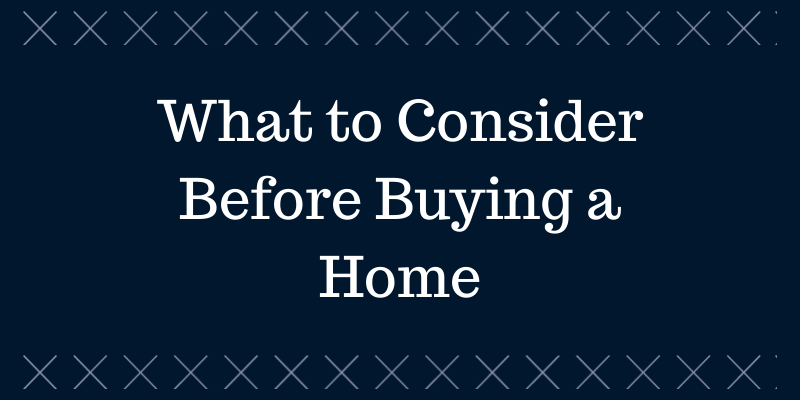Is 2014 the year you find your first home? Are you wondering where to start and what you need to know? Or have you already found the right home and you’re trying to decide whether to take the next step? As my husband and I worried about these same questions, we contacted a local lender, Axiom Financial, to gather a few tips for prospective homeowners. Here’s what they had to share:
Before You Start
Consider your costs
Before you start looking, there are a few things every homeowner should consider. First of all, is it even worth it for you to move? You may want to own a home and you may think you can handle it, but here are some rules of thumb to consider about your finances. Generally, if it costs 35% less for you to rent each month than it would for you to own a home, you’re probably better off renting.
For instance, say you pay $800 a month in rent (including utilities). You don’t want your total monthly payment for your home to be more than $1,100 a month (that’s about 35% more than $800), including mortgage, property taxes, and any homeowner’s fees. Your monthly payment should also be no more than 36% of your gross monthly income. So if that $1,100 is more than 36% of what you make in a month, don’t do it. Keep renting and saving until you are earning more.
If you’ve considered all this and owning is still the right decision for you, there are a few other tips you should know. To end up with a house you can afford, you shouldn’t look at anything that is more than two and a half times your annual gross income. That means if you make $50,000 a year, you shouldn’t look for a home that is more expensive than $125,000.
Check your credit
Before you start looking, check out your credit score. If there are any mistakes in your credit history, start fixing them right away. It could take a couple months to get everything straightened out, but you’ll want to have that figured out before you start looking for a home. Also, if your score is below 640, you’ll likely have a hard time finding a lender. Before you can start buying, you’ll need to build your credit. On the other hand, a score from 700-750 will get you good to great deals.
Get pre-approved
You should also strongly consider being pre-approved for a loan. A pre-approval is done by the financial institution you’re hoping to get the loan from. They’ll take a look at your credit score and debt and give you an accurate picture of the size of the loan you’ll be approved for. This will help you narrow down what you can afford in the buying process. Many realtors will also give preference to pre-approved buyers.
You’ll also need to have your down payment available in cash before you can hope to buy. Lenders like to see 20% of the home’s price as a down payment. If you don’t have that much, you may be able to qualify for a low-interest loan, but you’ll likely have to pay for private mortgage insurance, to protect the lending institution. PMI usually adds about 5% of the total loan amount to your payments every year. That means if the house you’re looking to buy is $125,000, you’ll be paying an additional $625 a year. That cost quickly adds up.
Don’t forget the closing costs
Closing costs are fees charged by your lender and other third parties at the end of the buying process. They may include appraisal fees, loan fees, attorney’s fees, and inspection fees. Most owners pay between 2-5% of the cost of their home in closing costs. If your future home is $125,000, your closing costs could be anywhere from $2,500-$6,250. Lenders are required by law to give you an estimate of what closing costs should be within three days of applying for the loan, but the final costs can still vary quite a bit.
Closing costs are one of the reasons you should plan on staying put in your home for the next 3-5 years. If you sell any sooner than that, you’ll likely be losing money you spent in closing costs, even if the housing market is rising.
These tips should help you get started on the home buying process. If you have more questions, contact a professional lender or realtor. He or she should be able to tell you more about the buying process. Homeowning can be an exciting and emotionally satisfying step in your life, especially if you’re willing to take your time and do your research. Happy hunting!
Guest post by Bryce Thomas



















